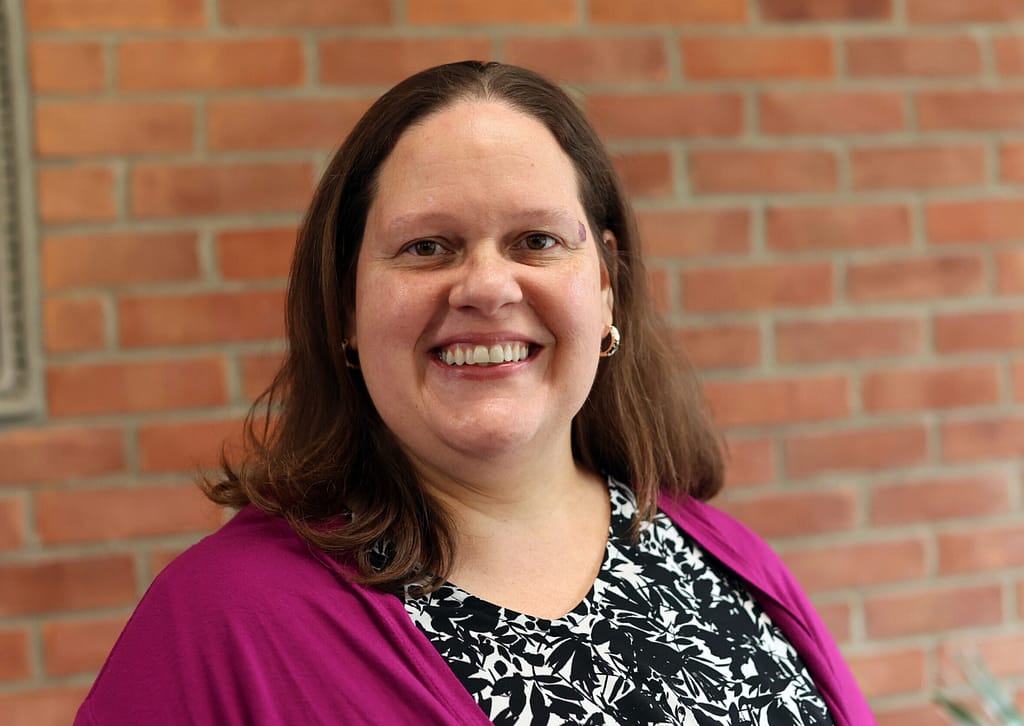Difficult Conversations
Difficult conversations on challenging topics are often uncomfortable for both educators and students. However, having difficult conversations as part of our teaching can help improve critical thinking skills and assist in fostering a more inclusive educational environment.
Within this hub, you will find a compilation of materials and resources openly available for you to use as you navigate difficult conversations in the classroom.
Difficult Conversations Resources
University of Nebraska
A tip sheet advising on how to best navigate difficult conversations, and a step by step 7- page pdf guide.
- https://executivevc.unl.edu/tipsheets/navigating-difficult-conversations
- https://comm.unl.edu/documents/Guide_for_Difficult_Conversations.pdf
Harvard University
A four step process on how to manage a classroom after you say something potentially controversial, and guidelines for asking and receiving feedback from students.
- https://bokcenter.harvard.edu/navigating-difficult-moments
- https://bokcenter.harvard.edu/getting-feedback
University of California Berkeley
An article detailing experiences working to have hard conversations on campus reaching past differences and working towards equitable understanding. There is also a playbook that was published by their Greater Good Science Center containing research on how to better build connection, promote positive dialogue and learning.
- https://greatergood.berkeley.edu/article/item/how_to_have_hard_conversations_on_college_campuses
- https://greatergood.berkeley.edu/images/uploads/Bridging_Differences_Playbook-Final.pdf
Stanford Law School
A resource hub filled with links to articles and texts on holding difficult conversations, This resource also includes links to video series on having difficult conversations and resources more attuned to teaching environments.
https://law.stanford.edu/clearinghouse-on-diversity-equity-inclusion-research/facilitating-difficult-conversations-in-the-classroom/ (This resource also includes links to video series on having difficult conversations)
Indiana University Bloomington
Indiana University guidelines to help with preparing for, directing and receiving feedback on difficult conversations in the classroom. They also include issues that may occur and additional resources at the bottom.
Harvard Business Publishing
The World Is Politically Charged. Bring Those Conversations into the Classroom. 4 Strategies to Cultivate Civically Engaged Students
by Rebecca Eunmi Haslam
Helpful readings:
Brown, Brené. Dare to Lead : Brave Work, Tough Conversations, Whole Hearts. Random House, 2018. EBSCOhost, search.ebscohost.com/login.aspx?direct=true&AuthType=ip,uid&db=cat09029a&AN=smc.oai.folio.org.fs00001050.9afb43db.304b.41d8.99a6.2d174a8976c6&site=eds-live&scope=site.
In Dare to Lead, Brené Brown redefines leadership as the courage to recognize and develop potential in others, emphasizing the importance of empathy, connection, and vulnerability in a culture of scarcity and fear. Drawing from decades of research, Brown presents four teachable and measurable skill sets essential for cultivating brave and daring leaders who prioritize courage over comfort in life and work.
Available : Durick Library HD57.7 .B764 2018
Grenny, Joseph, et al. Crucial Conversations : Tools for Talking When Stakes Are High. McGraw-Hill Education LLC, 2022. EBSCOhost, search.ebscohost.com/login.aspx?direct=true&AuthType=ip,uid&db=edsmgh&AN=edsmgh.Apn3237&site=eds-live&scope=site
Crucial Conversations offers practical tools for navigating high-stakes conversations where opinions differ and emotions run high. The book teaches readers how to prepare effectively, communicate safely and persuasively, and turn challenging discussions into positive outcomes by fostering open dialogue and maintaining composure.
Romano, Arthur, et al. “Teaching about Global Complexity: Experiential Conflict Resolution Pedagogy in Higher Education Classrooms.” Conflict Resolution Quarterly, vol. 34, no. 3, Spring 2017, pp. 255–79. EBSCOhost, https://doi-org.library.smcvt.edu/10.1002/crq.21174
This article explores the effectiveness of experiential learning activities (ELAs) in teaching global complexity and conflict resolution in higher education. By analyzing data from two ELAs—a multisession simulation and a single-session image analysis—the study found that these activities enhanced student engagement, deepened their understanding of global issues, and improved their ability to connect theoretical concepts with practical applications.
Stone, Douglas, et al. Difficult Conversations : How to Discuss What Matters Most. Penguin Books, 2000. EBSCOhost, search.ebscohost.com/login.aspx?direct=true&AuthType=ip,uid&db=cat09029a&AN=smc.oai.folio.org.fs00001050.b6859185.de0c.4eca.86d5.dc00f9cd0b9f&site=eds-live&scope=site.
Available: Durick Library BF637.C45 S78 2000
Difficult Conversations offers a step-by-step approach to managing tough discussions, whether at work, home, or in personal relationships, with less stress and more success. Drawing on research from the Harvard Negotiation Project, the book teaches how to initiate conversations without defensiveness, recognize the importance of unspoken elements, maintain composure under pressure, and understand the deeper structure of challenging interactions.
